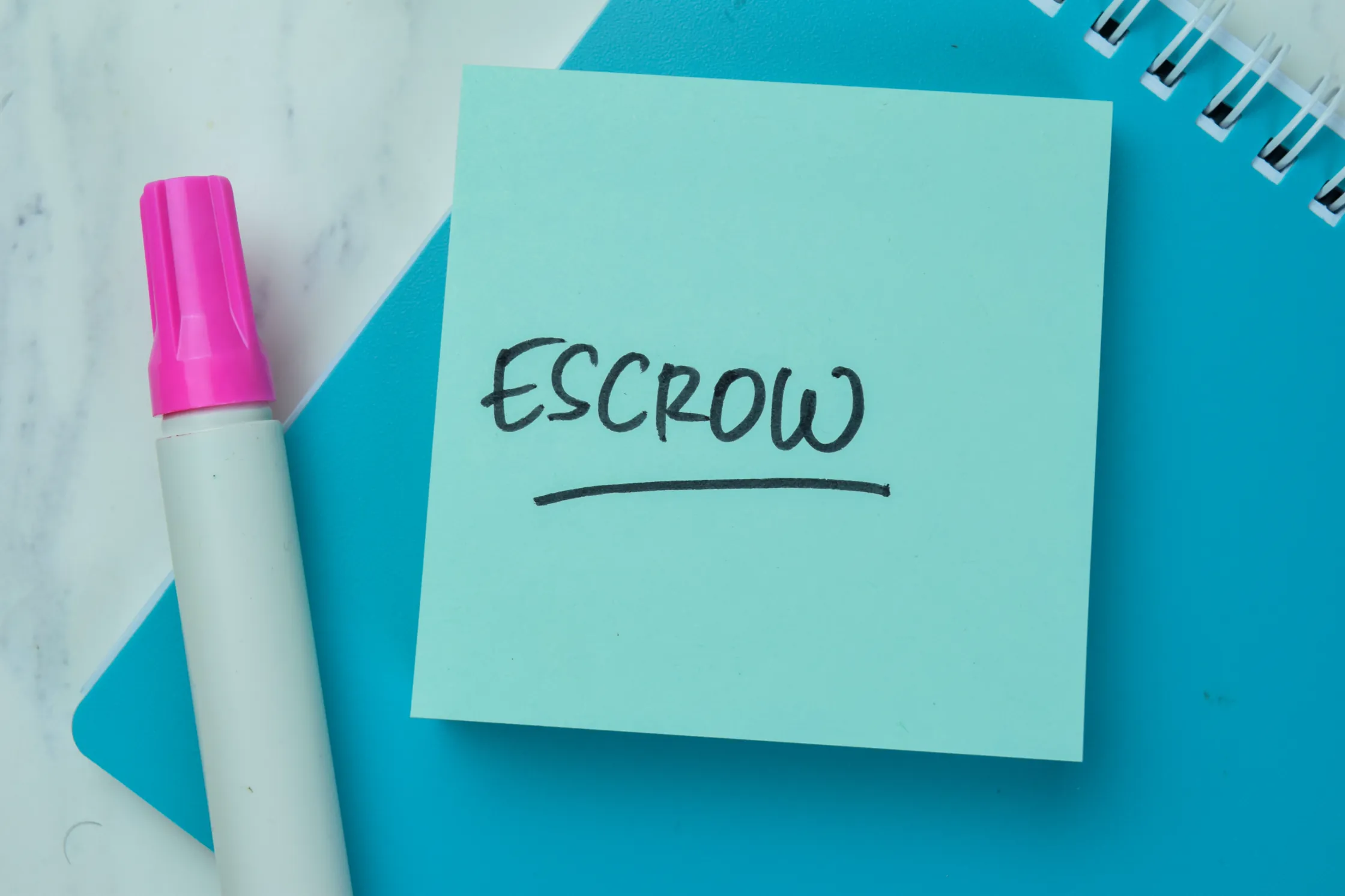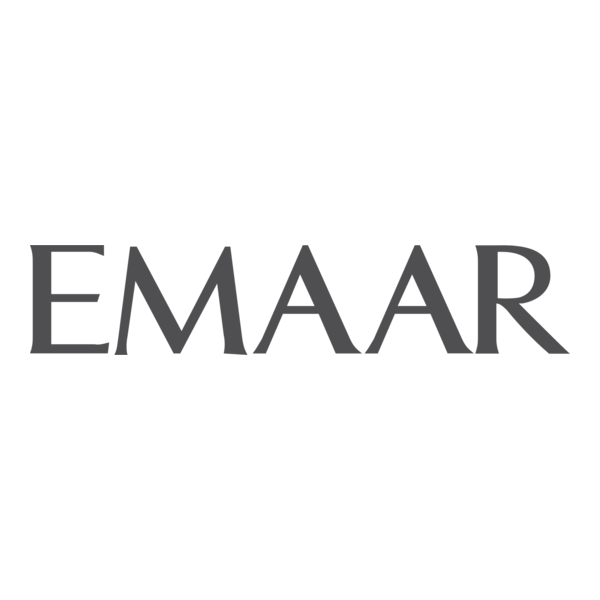Dubai Property Purchase: Escrow Protection (2025 Guide)

What Is an Escrow Account
An escrow account is a specialized bank account, a vital component for a secure Dubai property purchase. This financial arrangement, overseen by a RERA-approved bank, securely holds funds for real estate transactions. It ensures money is used only for its intended purpose, verifying all sale conditions are met before release. For Dubai off-plan property especially, this mechanism is crucial in 2025. Buyer payments go into a project-specific escrow, preventing direct developer access. Funds are released strictly at verified construction milestones, safeguarding investor funds and linking payments directly to building progress.
The Legal Framework Governing Escrow Accounts
The use of escrow accounts in Dubai is mandated by a robust legal framework, enhancing trust in Dubai real estate investment. Law No. 8 of 2007 requires all developers selling off-plan properties to open a dedicated escrow account for each project before sales or advertising. This regulation is key for new Dubai developments starting in 2025. Key requirements: DLD and RERA approval for developers and trustees, project-specific accounts, and strict withdrawal conditions tied to construction progress. Non-compliance incurs severe penalties, ensuring developer accountability and secure buyer funds.
How Escrow Accounts Protect Property Buyers
The primary function of an escrow account is to safeguard the financial interests of buyers. It minimizes risks like mismanagement or outright fraud by developers. For individuals buying off-plan Dubai properties, this system protects investments from delays, cancellations, or developer bankruptcy. It fosters transparency and accountability, with all transactions monitored by the escrow trustee and the DLD. Payments released in stages, linked to verified construction milestones, give buyers confidence and reduce project abandonment risks, crucial for those looking to invest in Dubai property securely.
The Process of Using an Escrow Account
For a seamless Dubai property purchase, buyers should understand the escrow process, though the developer manages setup. Diligence is key: confirm the project's escrow account details with the developer and verify them via the Dubai Land Department (DLD) or their list of approved trustees. After signing and registering the Sales and Purchase Agreement (SPA), payments are made directly into the escrow account using a unique reference. The escrow agent, overseen by RERA, then manages the funds according to the agreement, ensuring the developer only receives payment upon reaching certified construction milestones.
What documents are needed to open an account
Developers must submit a comprehensive set of documents for RERA approval to open an escrow account. This provides insight into the scrutiny involved for new Dubai developments. Key documents include RERA approval, a signed escrow agreement, the property's title deed, the developer’s trade license, audited project financial statements, and construction contracts. This thorough vetting ensures only legitimate, financially sound projects proceed, adding further security for investors.
Final Thoughts
The mandatory use of escrow accounts remains a cornerstone of Dubai's real estate market in 2025. It provides a secure, transparent environment for off-plan investments. By holding funds with an independent trustee and tying payments to construction progress, this system protects buyers from financial risks. It also ensures developers are held accountable. This robust regulatory oversight builds investor confidence and solidifies Dubai's reputation as a safe global hub for Dubai property purchase. Verifying the project's escrow account is a non-negotiable step for any buyer.
Get Your Free Dubai Investment Guide
What's Inside:
- ✓8+1 reasons international investors buy in Dubai
- ✓Market overview – the numbers you must know before investing
- ✓Off-plan vs Ready – what are the advantages?
- ✓Top 6 emerging locations for off-plan investment
- ✓Golden Visa – frequently asked questions answered
Your information is private. We never spam.







